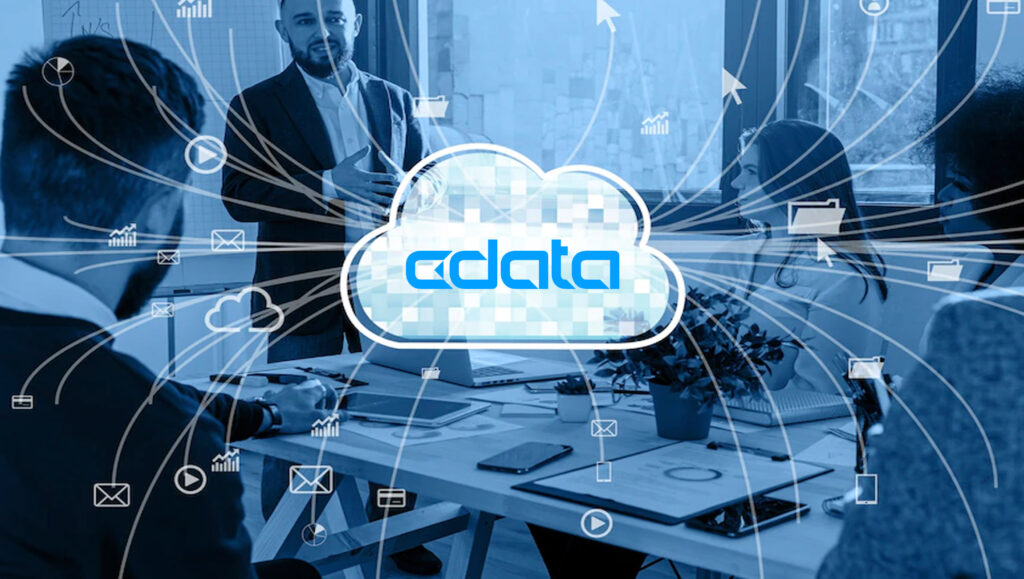As CFOs and finance leaders push for greater agility, resilience, and efficiency, the concept of autonomous ERP is rapidly moving from buzzword to boardroom priority. For years, ERP systems have been the backbone of financial operations, dutifully recording transactions as a system of record, generating reports, and supporting compliance. But the next generation of ERP isn’t just about tracking the business—it’s about running it. As the era of self-driving ERP takes shape, forward-looking finance leaders will need to rethink their technology strategies, invest in intelligent platforms, and embrace the automation of strategic, not just operational, processes.
The Rise of Self-Driving ERP
For decades, the finance function has been defined by processes that are crucial but often labor-intensive, complex, and slow to adapt. Today, ERP platforms like Unit4 are changing that paradigm by embedding Generative AI, automation, and machine learning into the financial core. This shift is transforming finance teams from transactional hubs into strategic enablers and long-term it will fulfil Unit4’s vision to reshape enterprise software by creating self-driving ERP – systems that free-up users from routine tasks so they can focus on work that drives impact, creativity and progress. For example, the University of Salford implemented Unit4’s ERP to gain real-time insights into funding, grants, and obligations, enabling efficient compliance with donor reporting requirements.
As a broad cross-functional and cross-industry trend, discussions have evolved from considering the role of generative AI to the potential of AI agents in ERP. The technology has the potential to see AI tools evolving from assisting roles to autonomous systems capable of executing complex tasks with minimal human intervention.
Consider invoice management, a historically manual process. ERP platforms like Unit4 are rapidly transforming invoice management by streamlining everything from data capture to reconciliation, and embedding AI-assisted workflows natively, making invoice workflows faster, more accurate, and auditable in real time. With intelligent OCR, machine learning, and natural language processing, AI-enabled systems can now extract key fields from invoices, predict accounts and codes, flag discrepancies, and even initiate approvals without human intervention, reducing invoice processing time and cutting exception handling.
Beyond transactional automation, autonomous ERP platforms are increasingly capable of proactive decision-support. Financial planning and analysis (FP&A) is undergoing a major shift—from spreadsheet-driven reporting to AI-powered data storytelling. According to Unit4’s 2025 whitepaper, 80% of FP&A leaders now prioritize actionable insights over raw data, and AI is emerging as the catalyst for that change. By combining predictive analytics with natural language generation (NLG), AI tools can now surface trends, identify anomalies, and translate complex data sets into digestible narratives tailored for decision-makers. Unit4’s FP&A software leverages these capabilities to help finance teams move from static dashboards to dynamic, personalized business narratives that drive real-time strategy. This level of financial foresight can dramatically improve working capital management and support faster, more informed strategic decisions.
What sets platforms like Unit4 apart is their ability to embed predictive capabilities directly within core financial processes, rather than relying on disconnected, siloed point solutions, such as Excel spreadsheets. This integration not only simplifies data flows but also ensures that finance leaders have access to timely insights without jumping between systems. The professional services sector—encompassing fields like consulting, legal, healthcare, accounting, and IT services—is particularly well-suited for autonomous ERP adoption due to its project-based nature and reliance on human capital.
For instance, Magnox Ltd., a UK nuclear decommissioning firm, transitioned its HCM and FP&A systems to Unit4’s cloud platform to boost agility, data visibility, and employee engagement. With support from Embridge Consulting, the shift enabled a 50% reduction in performance management time and laid the groundwork for real-time forecasting, centralized workforce planning, and scalable modernization. The transformation also catalyzed a cultural shift across Magnox’s 12 sites, producing a record 75% participation in engagement surveys and over 22,000 employee comments—insights now powering the company’s forward-looking “Regeneration” plan focused on simplification, skills, infrastructure, and workforce strategy.
Unit4’s vision for self-driving ERP also supports complex project accounting, a critical capability for services-centric businesses. By automating time capture, budget updates, and billing processes, these systems free finance teams to focus on strategic activities rather than administrative tasks. For example, ALTEN Group, a global engineering consultancy, leveraged Unit4 ERP to streamline its complex, multinational project accounting processes. By implementing Unit4’s integrated project management and financial tools, ALTEN achieved enhanced visibility into project delivery and resource utilization across its global operations, leading to more efficient and transparent financial management.
In the race to stay competitive in increasingly complex and uncertain global markets, finance leaders who cling to dated processes risk falling behind as their peers harness the full potential of autonomous ERP. The shift from static, backward-looking systems to intelligent, self-driving financial platforms isn’t a nice-to-have upgrade—it’s a strategic necessity. Those who invest in AI-powered financial platforms today will gain the agility to respond to market shifts, the foresight to anticipate disruptions, and the strategic advantage to lead in an era defined by real-time data and intelligent automation. All told, the global autonomous AI and autonomous agents market is expected to reach $70.5 billion by 2030, according to Grand View Research.
What this means for ERP Insiders
Focus on strategic automation. CFOs should prioritize platforms that automate not just routine tasks, but strategic processes like financial planning and project accounting. Agentic AI systems can autonomously analyze vast datasets, identify patterns, and generate accurate forecasts. This capability allows finance teams to simulate various scenarios, assess potential outcomes, and make informed decisions. For instance, AI-driven forecasting can improve accuracy by up to 20%, according to research by the McKinsey Global Institute, enabling organizations to anticipate market shifts and adjust strategies proactively. Also, by continuously monitoring financial data and external factors, agentic AI can identify emerging risks and recommend mitigation strategies. And in project accounting, agentic AI can help automate time tracking, budget monitoring, and resource allocation, ensuring projects stay within budget and on schedule.
Prioritize embedded intelligence. Choose ERP platforms that integrate predictive insights directly into core processes, reducing the need for costly third-party tools. And this intelligence should extend beyond just insights. Companies in professional services, public sector and non-profit arenas should model and deploy finance use cases where co-pilots and autopilots offer recommendations and execute autonomous actions.
Prepare for proactive finance. Invest in technologies that move beyond historical reporting to real-time insights and predictive forecasting. A recent study from Accenture highlights that companies embracing reinvention strategies, including AI adoption, achieved an average profit margin (EBITDA/revenue) 5.6 percentage points higher than their peers between 2019 and 2022. Looking ahead, the adoption of AI in strategic finance is expected to continue its upward trajectory. Companies that scale AI effectively are poised to outperform their peers significantly. Research from the Boston Consulting Group (BCG) indicates that modest investments in specific AI use cases can generate up to 6% more revenue, and with rising investments, the revenue impact from AI triples to 20% or more. And leading companies yield 3 percentage points more EBITDA, a lift of almost 30% compared with companies that fail to scale.





